According to a Gallup survey released on July 18, the American people now regard immigration as the single most important problem facing the country, and the share of the population expressing this view stands at the highest level ever recorded. This surge of concern crosses partisan lines: the share of Republicans and Independents who name immigration as the top issue has more than tripled during the past year, and it has more than doubled among Democrats.
Although immigration is an issue trifecta, raising economic, security, and cultural concerns, recent surveys have underscored the centrality of culture, in the United States and throughout the West. Since the 1965 enactment of the momentous Hart-Cellar immigration reform bill, the share of first-generation immigrants in the U.S. population has tripled from less than five percent to about 14 percent. By 2050 at the latest, non-Hispanic whites will be a minority.
Unlike most demographic projections, this one has received wide publicity and has evoked diverse reactions. A Public Religion Research Institute (PRRI) survey released earlier this week found that while 64 percent of Americans regard increasing demographic diversity as mostly positive, there are deep partisan divisions: Democrats believe that it’s mostly positive by an overwhelming margin of 85 to 13 percent, as do Independents by 59 to 34 percent, but 50 percent of Republicans regard it as mostly negative, compared to only 43 percent who favor it.
A closer look at the data reveals the sources of this cleavage. There are no gender differences, and age differences are much smaller than expected, with 57 percent of Americans 65 and older taking a positive view of rising diversity. Racial and ethnic differences are significant but not dispositive: 78 percent of both African-Americans as Hispanics see diversity as a plus, but so do 56 percent of white Americans. Much the same holds for regional differences: although 72 percent of respondents from the West and Northeast approve of increasing diversity, so do 60 percent of Midwesterners and 57 percent of Southerners.
The key drivers of partisan division are educational and religious differences among white Americans. Sixty-nine percent of whites with a BA or more have a mostly positive view of demographic diversity, compared to just 50 percent of whites without college degrees. As for religion, 52 percent of white Catholics and 56 percent of white mainline Protestants think rising diversity is mostly positive. By contrast, just 42 percent of white evangelical Protestants favor these changes, while 52 percent think they’re mostly negative. Two-thirds of whites without college degrees supported Republicans in the 2016 elections, as did eight in 10 white evangelicals.
The bottom line: the core of the Republican base is deeply uncomfortable with the central demographic trend of our time, which public policy is powerless to resist. Even if the U.S. slammed shut the doors of immigration, differences in birth rates between native-born citizens and newer arrivals would ensure the steady erosion of the population’s white majority, albeit at a slower pace.
Across the Atlantic, the rising tide of immigration has triggered similar fears, expressed in the language of national identity. A Pew Research Center analysis released on July 19 under the heading “It’s not just the economy” shows that supporters of the populist surge throughout Europe are far more likely than others to believe that only those who are born in their respective European countries and have family ties in these countries are truly “one of us.” In Italy, Germany, and France, about three-quarters of the League, the AfD, and the National Front party members espouse these views, as do 55 percent of Dutch populists and 40 percent of Swedish populists. Similarly large shares of European populists believe that their culture is superior to others and that Islam is incompatible with their values.
In both the United States and Europe, these changes feed a shared sense of national decline. In every European country Pew surveyed, supporters of populist parties are far more likely to say that life in their country is worse than it was 50 years ago for people like them. Donald Trump’s “Make America Great Again” brilliantly targeted these feeling of decline among Americans who feel displaced in the land of their birth. Suitably adjusted, this slogan would be equally effective in Europe—even in Germany, where many populists believe that their country has apologized more than enough for its past misdeeds.
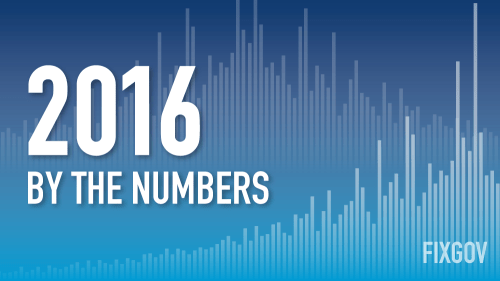
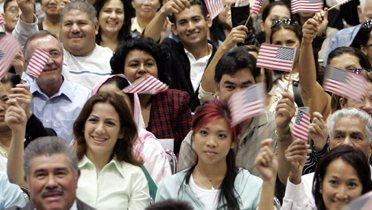
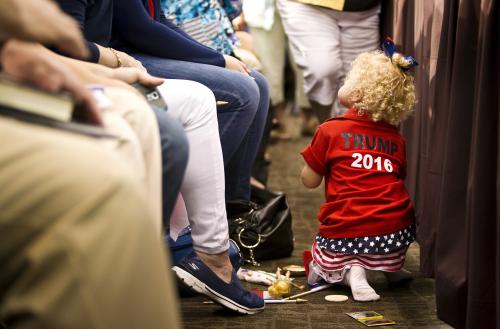
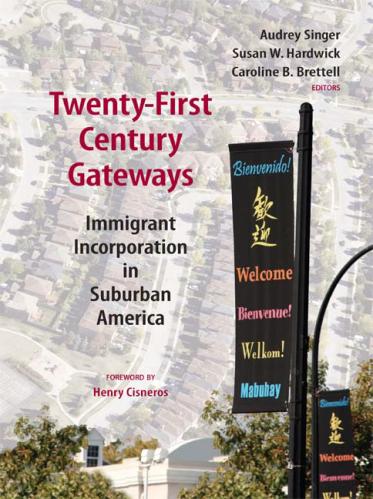
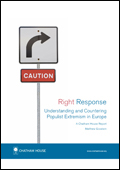
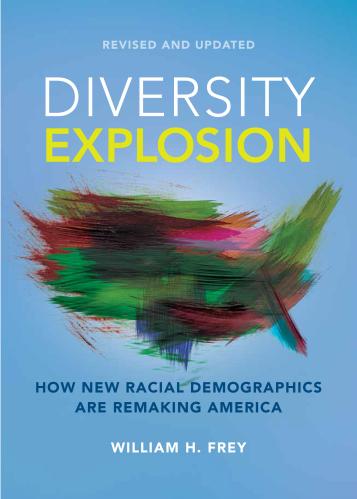




Commentary
Is increasing diversity positive for the U.S.? A look at the partisan divide
July 19, 2018